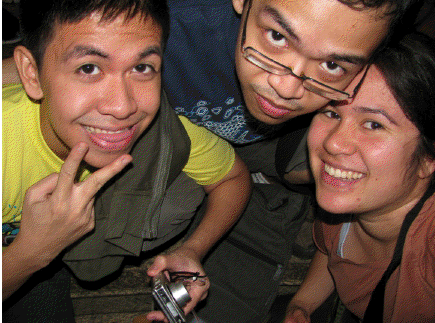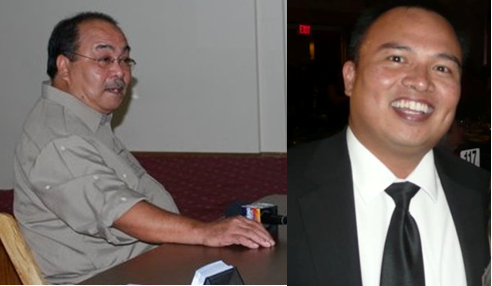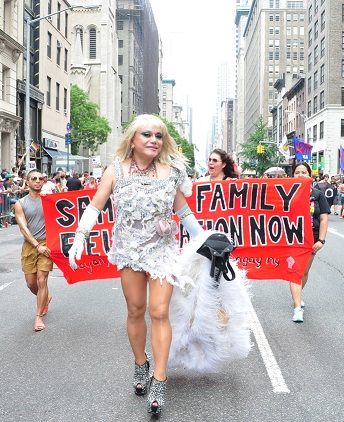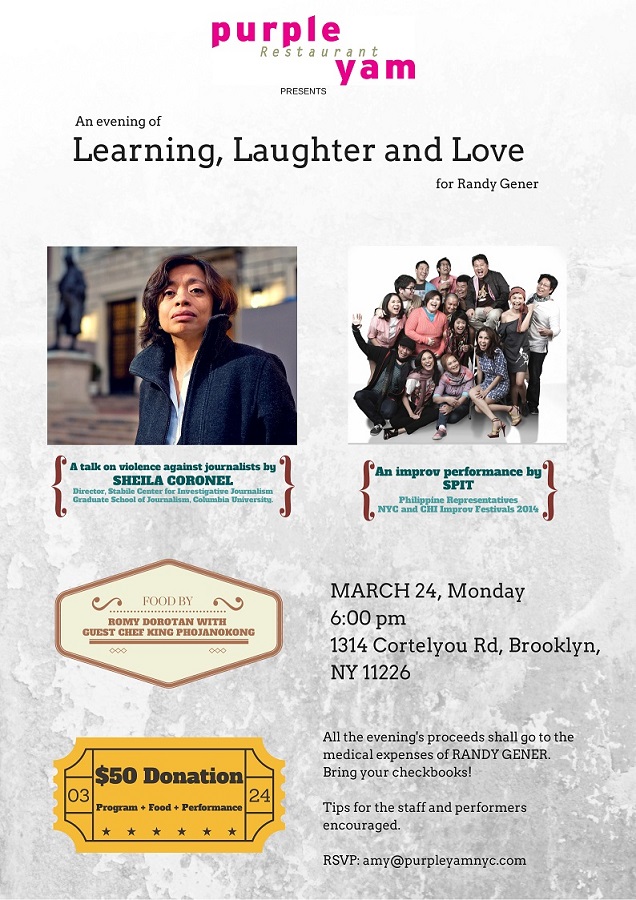The ‘balikbayan box’ and why we never leave anyone behind
By Mary Lou Cunanan
Do you know what this is?
This is a balikbayan box.
You might have had the chance to receive a box like this full of corned beef, chocolates and if your Tita is feeling generous, sometimes a pair of Jordans or Louis Vuitton bag.
This box is more than just cardboard and tape; it symbolizes love, sacrifice, and connection. Typically sent by Overseas Filipino Workers (OFWs) to their families back home, these boxes are filled with gifts, food, and personal items. Each one represents a journey—a tangible reminder that love transcends borders.
I have always wondered why Filipinos love to give pasalubong. I think intuitively we understand, for every Filipino given a wonderful opportunity, there are still more deprived back home and so we give them a piece of joy or hope even in the smallest of gestures in a pasalubong.
As a child, I eagerly awaited these boxes from my Dad, who worked in the Middle East in the early ‘90s. Opening one felt like Christmas morning, even in the middle of July! Alongside expected cans of Spam and bags of Snickers, there were special treats that he carefully selected to show his love. His sacrifices were for a bright future for me, his youngest daughter.
Today, I present to you the idea that Filipino values embodied in traditions like pasalubong deserve global recognition. Our approach to leadership, rooted in our culture, often clashes with Western philosophies that dominate our institutions. For instance, Hofstede’s Cultural Dimensions show that the Philippines scores low on individualism (17) and high in power distance (94), compared to the high score (60) for individualism and low in power distance (40) for the United States (Hofstede, 2024). While individualism emphasizes personal success, we thrive in a collectivist culture that celebrates bayanihan, kapwa, and pasalubong. Moreover, a high score in power distance indicates our respect for authority, evident in our use of terms like “po,” “opo,” “ate,” and “kuya.” This reflects our cultural norms that prioritize hierarchy and respect within relationships. Additionally, the concept of meritocracy, so favored in the West—which suggests that you get what you work hard for—deeply clashes with our cultural DNA.
When a Filipino dreams, it’s usually not for oneself; a Filipino dreams for the tribe, for the community, and for the family. During my Executive MBA, I noticed most case studies came from first-world countries. When I taught in the university, I found that textbooks and case studies were primarily Western-focused, highlighting a lack of materials suited for the Filipino mindset. We need more representation in our education, with Filipino success stories and role models to inspire future generations.
Being the daughter of an OFW profoundly shaped my perspective.
My father faced grueling conditions to provide a better life for us. The number of Overseas Filipino Workers (OFWs) who worked abroad from April to September 2023 was estimated at 2.16 million (Philippine Statistics Office, 2023), contributing about 238 billion pesos in remittances (Business World, 2024). This global phenomenon deserves more case studies to dissect and explore its impact on families and communities, illustrating the essence of pasalubong.
In times of crisis, our resilience shines through. The term “Bahala na,” which originally comes from “Kay Bathala Na,” reflects our deep faith in Bathala, one of our deities. It means “come what may,” signifying trust in the future despite challenges. It doesn’t mean we don’t care; it embodies our belief in our strength to navigate uncertainty.
This compassion has shone brightly during challenging times like the COVID-19 pandemic. Our healthcare workers, about 240,000 of them working overseas, faced some of the highest infection rates globally, prioritizing patients’ well-being at great personal risk, embodying the essence of kapwa.
In the United States, based on a study conducted in Berkeley, Filipino nurses make up only 4.5 percent of the workforce, yet they accounted for 31.5 percent of nurse deaths from COVID-19 in late 2020 (Berkeley Interdisciplinary Migration Initiative, 2020).
As more Filipinos find success, we are embracing new behaviors—thinking outside the box, challenging authority, and moving beyond blind obedience shaped by centuries of colonization. Yet, as we carve new paths, let us remember the spirit of pasalubong, carrying with us the essence of those we’ve left behind.
So, how do we promote Filipino values as world-class leadership ideas? It starts with recognizing and celebrating them! If you’re a successful Filipino or a business with international recognition, highlight the values that led to your success. We often look to foreign stories for inspiration—like Japan’s Kaizen philosophy, Italy’s design aesthetics, Germany’s precision, Switzerland’s craftsmanship, and China’s guanxi. But we have our own narratives that can inspire change and innovation.
Let’s embrace the Filipino culture of pasalubong as a symbol of our commitment to one another. I envision a future where the balikbayan box transforms from a necessity into a cherished reminder that we never leave anyone behind. As we celebrate our uniqueness, let’s honor our culture, just like the balikbayan box that always finds its way home.














